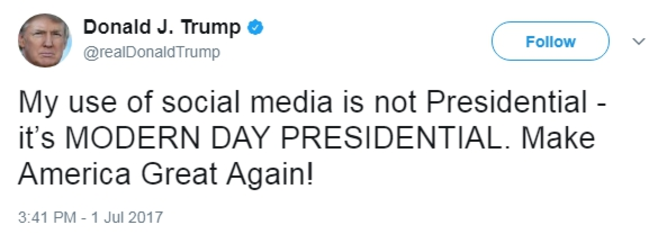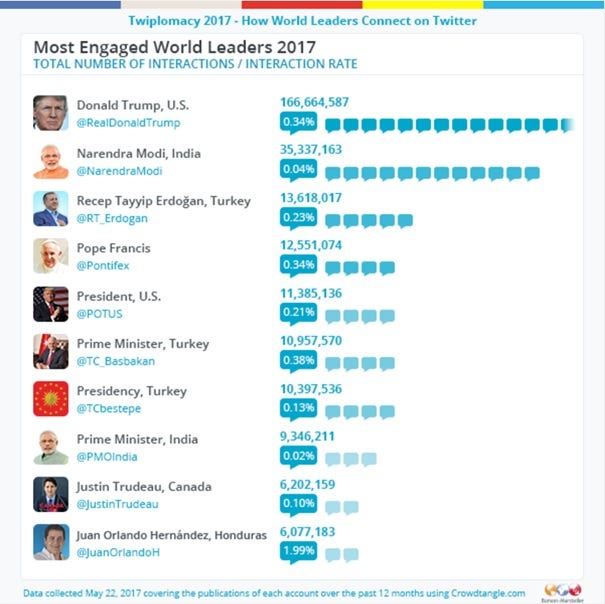Sebastian Woller, Digital Diplomacy
E-Government refers to the use of information technologies by government agencies. By integrating different and new technologies, such as cloud computing and social media, governments are able to open up and give form to new public engagement and relationships. E-Government usually describes relationships across 3 different modalities: Government to Citizens (G2C), Government to Businesses (G2B), and Government to Government (G2G).
According to the World Bank’s e-Government website, hosted by the e-Government Practice Group of the Information & Communication Technologies Sector Unit, the goals of e-Government can be shortened as follows:
1. Reduce Costs
2. Promote Economic development
3. Enhance Transparency and Accountability
4. Improve Service Delivery
5. Improve Public Administration
6. Facilitate an e-Society
2. Promote Economic development
3. Enhance Transparency and Accountability
4. Improve Service Delivery
5. Improve Public Administration
6. Facilitate an e-Society
The Public Governance Committee states that since the year 2000, more and more governments are looking for means to align technological opportunities with public demands. For example, in Germany, the national employment agency the “Bundesagentur für Arbeit”, supports job seekers and employers by collaborating with the online professional network Xing.
In order to increase economic and social value, innovation, and trust, governments are quickly learning to capture the opportunities of new social media platforms.
“Without the tweets, I wouldn’t be here… I have over 100m [followers] between Facebook, Twitter, Instagram. Over 100m. I don’t have to go to the fake media.”- President Trump, in an interview with the Financial Times in April 2017
Facebook and Twitter are today one of the most popular social media platforms. As of the end of 2016, Facebook had 1.86 billion monthly active users worldwide. In 2016, this was an equivalent of around 25% of the world’s population. Similar to President Trump, many have gone beyond Twitter and Facebook to reach new target audiences, embracing platforms such as Snapchat, WhatsApp and Telegram. World leaders use these platforms to address citizens’ rights, facilitate engagement of all age groups, and to clarify policies.
Social media is known to empower individuals, influences political agendas, and policy processes. Also, it facilities the discussion of elections and political campaigns. As many countries are redesigning and implementing new e-government strategies, it is necessary to reflect upon public expectations; failing to do so, may not only result in a loss of trust in government, but also a a perception that the government is out of touch with technological trends.
E-Government, i.e. social media, offers new opportunities to reduce political exclusion, and strengthen democracy. In The Origins of Political Order, Francis Fukuyama describes and follows the development and origins of democratic societies. In his preface, he highlights that in 1973, only 45 of the world’s 151 countries were counted “free”, by Freedom House. Today, in 2017, 87 countries are rated free. This slow, yet great shift to democracy and freedom may be a result of formerly passive individuals organizing themselves and participating in the political life of their societies.
References:
Francis Fukuyama, the Origins of Political Order
OECD, Public Governance and Territorial Development Directorate
World Bank Group, e-government
World Bank Group Population data for 2016
Twiplomacy
OECD, Working Papers on Public Governance (№26)
Francis Fukuyama, the Origins of Political Order
OECD, Public Governance and Territorial Development Directorate
World Bank Group, e-government
World Bank Group Population data for 2016
Twiplomacy
OECD, Working Papers on Public Governance (№26)
Hi, I am Sebastian, I am currently a student of International Management, an enthusiastic reader, and curious mind. I grew up, visited, and lived in different countries and continents; My professional experience includes consulting multinational and international organizations. Furthermore, as an intern at the Federal Ministry of Foreign Affairs in Berlin, I analyzed EU budgetary issues and EU investments.
The best way to interact with me is through LinkedIn.



No comments:
Post a Comment